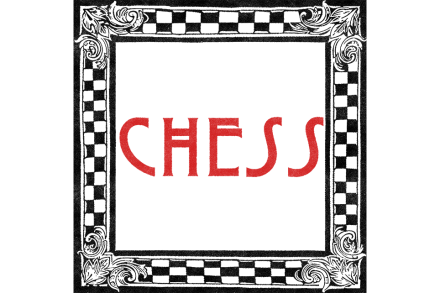Twelve questions for Christmas
1) Which former US women’s chess champion, who in 1961 became the first chess player to appear on the cover of Sports Illustrated, died earlier this year? 2) This year a boy from Argentina became the youngest ever to be awarded the International Master title, at the age of ten years and eight months. He even defeated Magnus Carlsen in an online bullet game. What is his name? 3) Noland Arbaugh, who was paralysed below the shoulders after a diving accident, demonstrated the outcome of his pioneering medical procedure by playing chess. How did he make the moves? 4) The grandmaster parent of a well-known chess streamer played a ‘Battle of





















